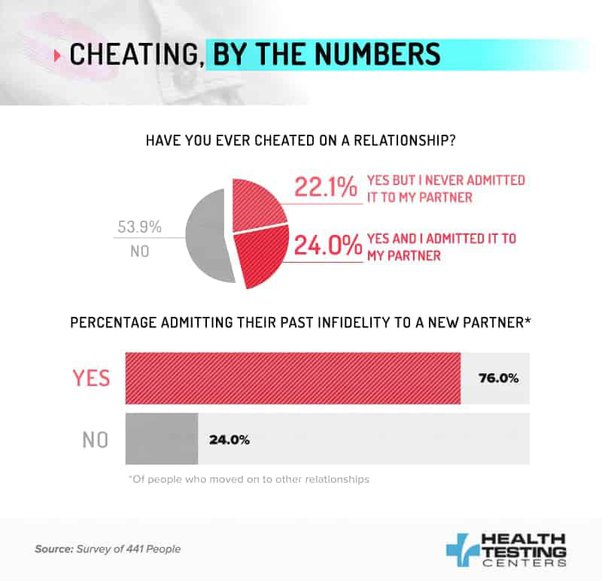In the realm of modern relationships, trust is the cornerstone that holds the foundation together. However, the prevalence of issues like infidelity has led to the emergence of online tools aimed at restoring and preserving trust. Two such platforms, Cheating-Test.com and CheaterBuster, have gained attention for their role in helping individuals navigate the complexities of relationship fidelity.
CheaterBuster is an innovative online resource designed to assist those grappling with doubts about their partner’s faithfulness. The platform employs advanced algorithms to analyze patterns of behavior and communication, providing users with a comprehensive cheating risk assessment. The goal is to empower individuals with information to make informed decisions about their relationships. While CheaterBuster doesn’t directly catch cheaters, it offers valuable insights that may prompt important conversations between partners.
On the other hand, Cheating-Test.com takes a different approach by leveraging social media. This platform allows users to search for their partner’s online activities and identify potential red flags related to infidelity. By scanning dating apps, Cheating-Test.com aims to expose hidden profiles and uncover digital traces that may indicate unfaithfulness. This method can be particularly useful for those who suspect their partner might be active on dating platforms behind their back.
Choosing between Cheating-Test.com and CheaterBuster depends on individual preferences and the nature of relationship concerns. Some may find comfort in the analytical approach of Cheating-Test.com, appreciating the insights without directly confronting their partner. In contrast, those leaning towards a more direct approach may opt for CheaterBuster’s social media scrutiny, seeking tangible evidence to address their suspicions.
Ultimately, both platforms serve as tools for initiating important conversations about trust and fidelity. It’s essential to approach relationship issues with sensitivity and open communication, recognizing that these tools are aids, not definitive answers. In the delicate balance of love and trust, choosing the right tool may be a step towards understanding and resolving the challenges that relationships inevitably face.




